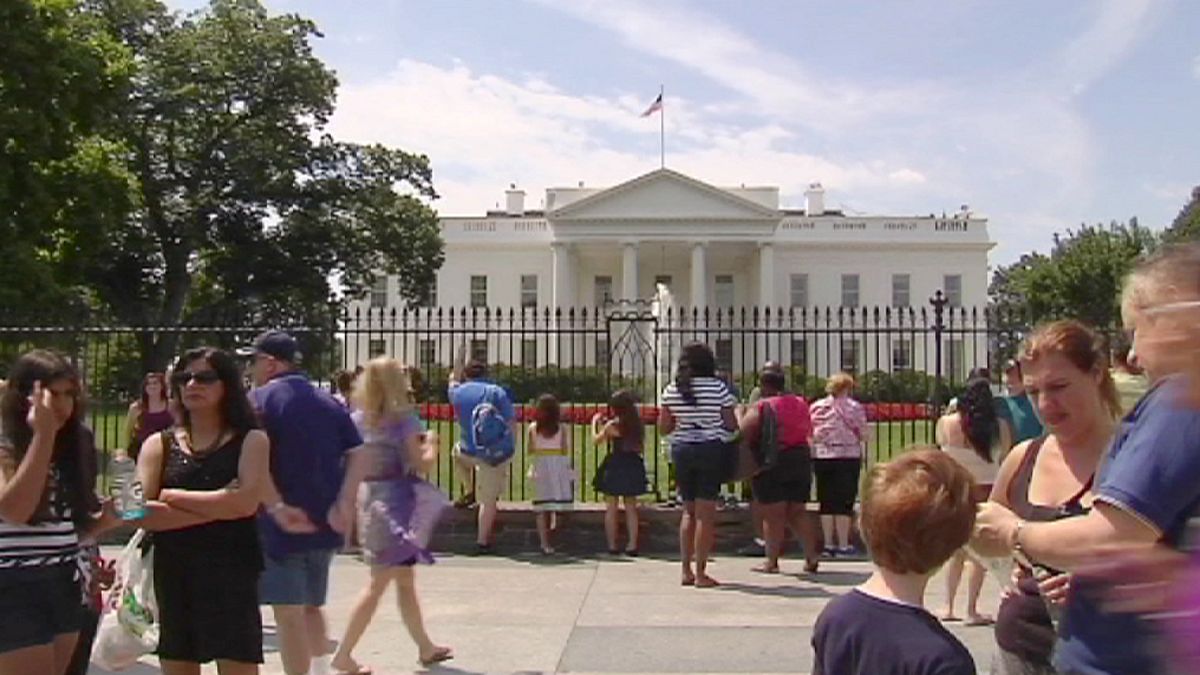US diplomacy is showing clear signs of Mideast fatigue.
Hamas rockets lace the sky into Israel, Israel returns fire against the Palestinians, killing hundreds, and the reaction from Washington is minimal.
Even Arab lobbying for the United States to do something has not materialised as it did in other flare-ups, so deadly for civilians.
Elliott Abrams used to be Special Assistant on the Mideast to former president George W. Bush: “In past years, we have felt, in the United States, a lot of Arab pressure — ‘you have to stop Israel’. I don’t think you are seeing much.”
Who is really interested in American foreign policy opinion?
Abrams said: “The United States does not have much leverage right now. The Israeli-American relationship is not the best that it has ever been, that’s clear. We obviously have no influence on Hamas. The Egyptians are following their own path, and right now I would say are the big winners for having tried a cease-fire. We don’t have great relations with Qatar. So I think at this exact moment, American influence is limited.”
A well of frustration in Washington seems to have been dug deeper as one administration after another’s efforts to serve as midwife to peace have failed.
Foreign policy programme research chief at the Brookings Institution Michael O’Hanlon suggests setting expectations lower:
“We should continue to have low to mid-level dialogues on various mechanical and technical issues that would have to be part of any two-state solution, just to make it clear that we haven’t given up on that vision and that if the parties ever get serious that we are ready to re-engage. But I don’t believe that we should devote much high-level attention to it, even after the shooting stops.”
O’Hanlon underscores the nurturing and compromise that relationships need: “If our Israeli friends really think that if they can remain the special friend in the Middle East forever, no matter how they behave, no matter how they develop settlements, no matter what long-term vision they have for the Palestinians as potentially second-class citizens, I’m not sure they are right. Maybe they need to hear a little bit from the American public that if they want this special relationship to continue at its previous level of intensity and closeness. They’re going to have to be willing to make a few more compromises.”
Not above criticism, the Obama administration seems aware that doing things over and over again the same way is unlikely to deliver different results.
Our correspondent Stefan Grobe summed up: “For years and years, the United States has put considerable efforts into brokering a peace deal between Israel and the Palestinians. The results? Meagre, to put it politely. Today, there is widespread disappointment and even indifference in Washington. Israelis and Palestinians should be alarmed by that.”
